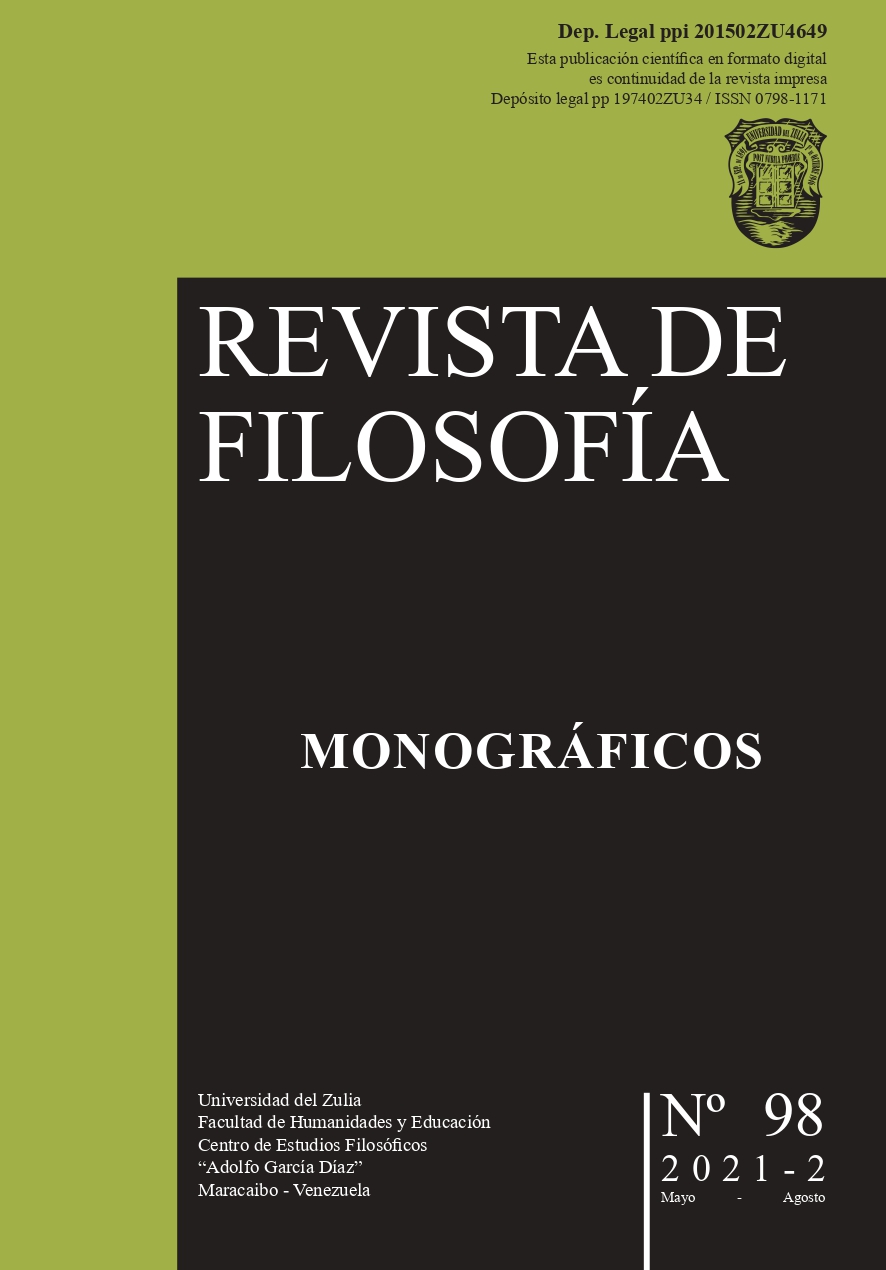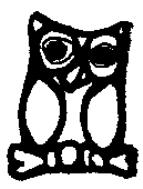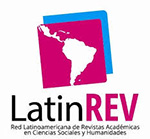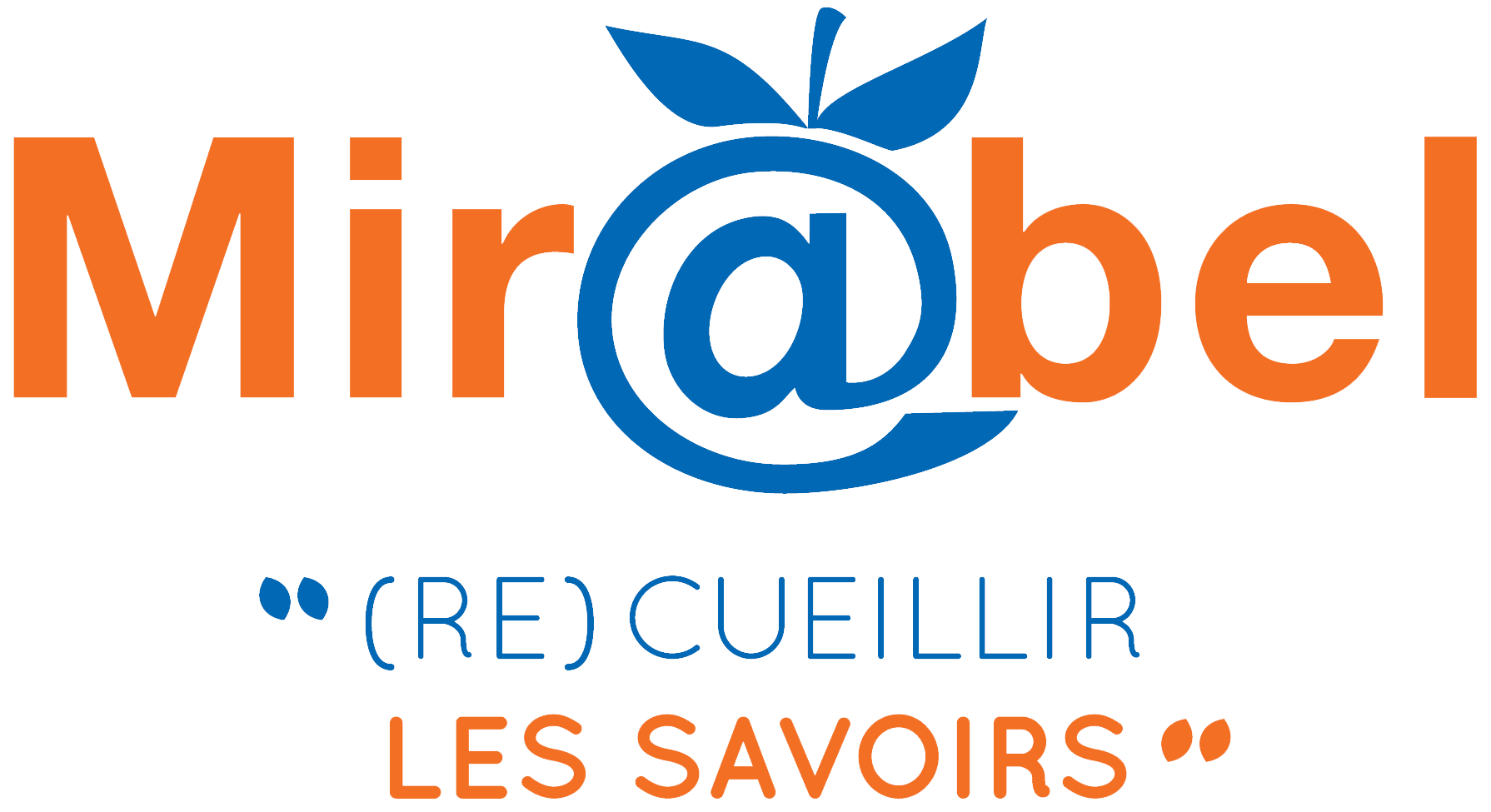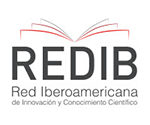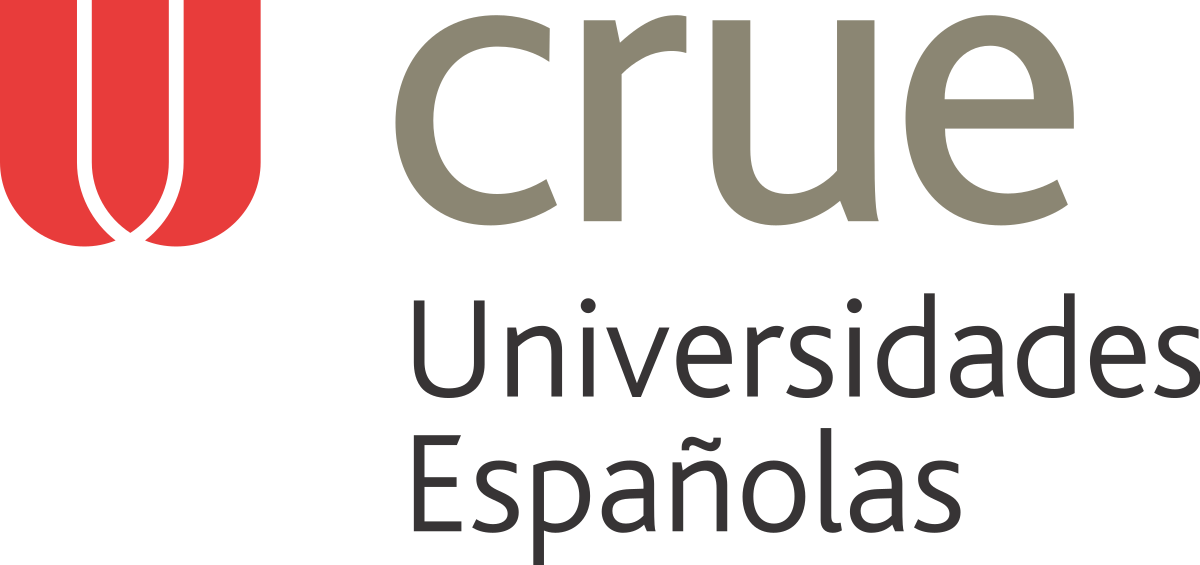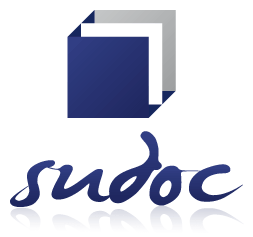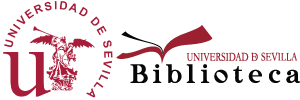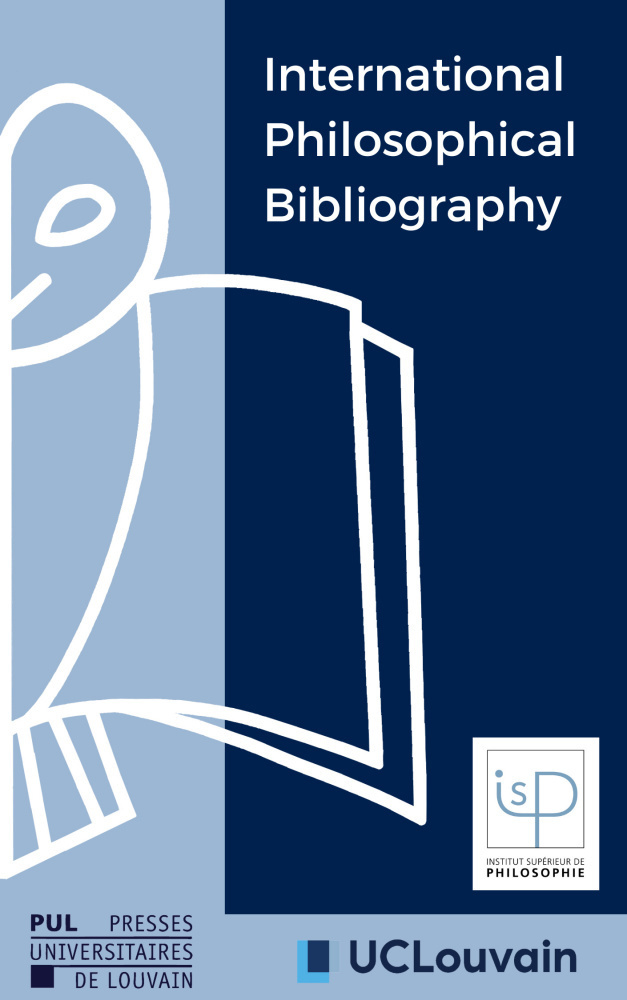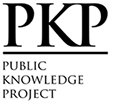Inconformidad social, estado y democracia en Colombia: una mirada filosófica de la primera línea en defensa de la democracia
Social Nonconformity, State and Democracy in Colombia: a Philosophical View of the First Line in Defense of Democracy
Abstract
The purpose of this research is to carry out an analysis of the problem of current social nonconformity on the part of Colombian society, evidenced in the social demonstrations unleashed in the year 2021, which lies in the State-Democracy relationship. Because of this, the analysis and description of the research is the product of three basic inputs, namely, first, the documentary sources and data available in the different entities and institutions related to the subject; second, the word of the actors and spokespersons representing the different social, economic, cultural and political-military forces and organizations, testimonies obtained through extensive interviews and permanent dialogues; and third, the theoretical contributions of those (inside and outside) of the country who have been thinking about this current situation that has generated a new wave of violence. An example of this violence are the homicides that prevail with certain current characteristics: generalization, complexity and recent degradation. It is not possible here to find a method and propose a single explanation of the events studied or a general framework of understanding. We visualize a methodical approach and an explanatory exploration that, from the consideration of homicidal violence in Colombia in a given period, has contributed to stimulate other searches about the reality studied here.
Downloads
References
FOUCAULT, M. (2007) Nacimiento de la Biopolítica. ¬Curso del College de France (1978 – 1979). Buenos aires, Fondo de Cultura Económica de Argentina
ORTIZ-ARELLANO, (2017). “Administración pública, biopolítica y el arte de gobernar”. Revista de Ciencia Política. Vol. 55, N.º 2, p. 75
FERNÁNDEZ, R. (2020) “Qué es y qué expresa la Primera Línea”. Consejo latinoamericano de ciencias sociales, CLACSO por Chile https://www.clacso.org/que-es-y-que-expresa-la-primera-linea/
REVISTA DINERS (5 de mayo de 2021). ¿Qué es la Primera Línea y por qué es clave en las movilizaciones sociales? Revista Diners https://revistadiners.com.co/tendencias/73907_que-es-la-primera-linea-y-por-que-han-sido-claves-en-las-movilizaciones-sociales/
BELECKYB, M., SINGH, R., y MORETO, W. (2019) La vida en la primera línea Una encuesta global sobre las condiciones de trabajo del guardaparque. WWF
El Espectador (20 de noviembre de 2020). Paro Nacional de 2019, la protesta social que sacudió a Colombia. El Espectador https://www.elespectador.com/bogota/paro-nacional-de-2019-la-protesta-social-que-sacudio-a-colombia-article/
SARTORI, G. (1998). “¿Hasta dónde puede ir un gobierno democrático?” en La democracia en sus textos (p. 521-531). Alianza
VIDIELLA, G. (2013). “Democracia: ¿razones o pasiones?” Tópicos, N°. 25. Universidad Católica de Santa Fé, P. 64
ZUCHEL, L., SAMOUR, Héctor. “Para una interculturalidad critica. Reflexiones desde Raúl Fornet Betancourt e Ignacio Ellacuría”. HYBRIS. Revista de Filosofía, Vol. 9 N° Especial
SOTO, J., (2015). “Filosofía de la liberación intercultural y teoría sociológica de la Práctica: Dos fundamentos en la construcción de comunidades bilingües”. Revista amauta N° 26. Universidad del Atlántico, P. 111
GUTIÉRREZ FERNÁNDEZ, Doris, & MÁRQUEZ-FERNÁNDEZ, Álvaro B. (2004). “Raúl Fornet-Betancourt: diálogo y filosofía intercultural”. Frónesis, 11(3), p. 13.
FORNET-BETANCOURT, R. (2008). “La filosofía intercultural desde una perspectiva latinoamericana”. Solar, n.º 3, año 3, p.25
RAMOS, A., MARTINS, A. y S. de OLVEIRA (2014). Democracia y conflicto en contextos pluralistas: entrevista con Chantal Mouffe (Entrevista). História, Ciências, Saúde v.21, n.2, abr.-jun. 2014, p.749-763
ROJAS, A. (2011). “Gobernar (se) en nombre de la cultura. Interculturalidad y educación para grupos étnicos en Colombia”. Revista Colombiana de Antropología () Universidad del Cauca.
FORNET-BETANCOURT, R. (2008). “La filosofía intercultural desde una perspectiva latinoamericana”. Solar, n.º 3, año 3, p.32
CORTEZ, N. (2015). Interculturalidad, diferencia y etnoeducación: la educación como lugar antropológico. Medellín, Colombia: Ediciones UNAULA
LE BOT, I. (1984) “El movimiento estudiantil durante el Frente Nacional: 1958-1974 en Educación e Ideología en Colombia (71-112).
LEAL F. (1986) “La participación política de la juventud universitaria como expresión de clase” Juventud y política en Colombia (Vol. 1, pp. 45 – 56). Editorial: Fescol-Ser
ARCHILA, M. (1999). Entre la academia y la política: el movimiento estudiantil en Colombia 1920-1974 en El Moviemiento De Estudiantes Y Catedráticos En Santafe De Bogotá A Fines Del Siglo Xviii. (p. 158-174). Universidad Nacional Autonomía México
ARCHILA, M. (1994), Historiografía sobre los movimientos sociales en Colombia, Siglo XX en La Historia Al Final Del Milenio (Ensayos De Historiografía Colombiana Y Latinoamericana) (Vol.1, p.251-352). Editorial Universidad Nacional
HERNÁNDEZ-SAMPIERI, R., FERNÁNDEZ, C. y BAPTISTA, M. (2014). Metodología de la Investigación (6ta Edición). Mcgraw Hill. Education, p. 755

